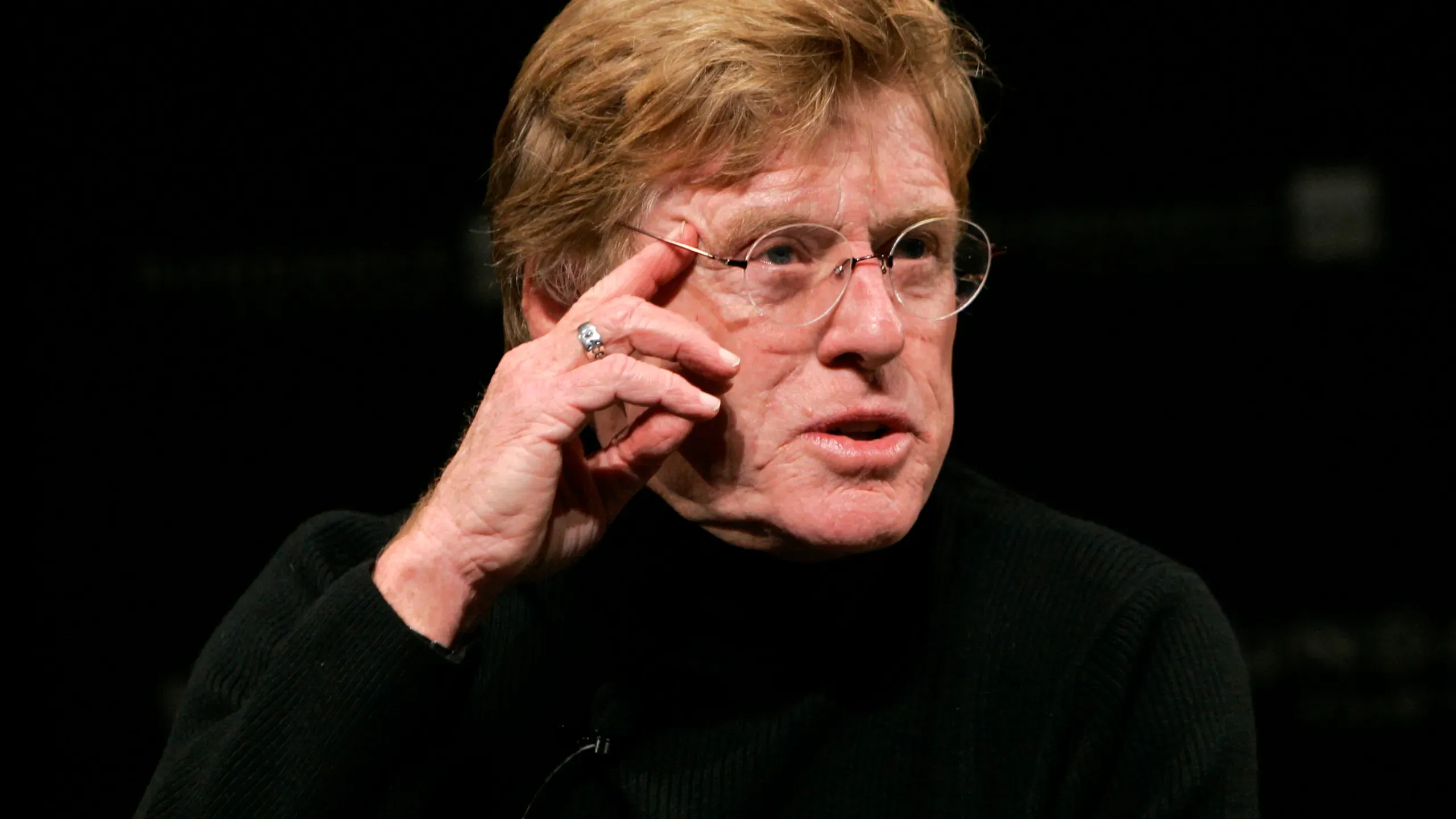

Robert Redford, Hollywood Icon and Champion of Independent Film, Dies at 89
Robert Redford, the sun-kissed screen idol who captivated audiences for decades before becoming an Oscar-winning director and the single most influential champion of American independent cinema, died early Tuesday at his home in Utah. He was 89. His death marks the passing of a true Hollywood giant, a reluctant superstar who leveraged his immense fame not just to create a string of iconic films, but to build a lasting cultural institution that would reshape the very landscape of the movie industry.
The Quintessential American Movie Star
For much of his career, Redford embodied a certain kind of effortless, all-American charm. With his messy blond hair and a grin that could melt glaciers, he became one of the biggest box-office draws of his generation. His on-screen chemistry with Paul Newman in classics like "Butch Cassidy and the Sundance Kid" (1969) and "The Sting" (1973) defined a golden era of buddy films. Yet, beneath the matinee idol good looks was a subtle and serious performer. He brought a quiet intensity to politically charged thrillers like "Three Days of the Condor" (1975) and, most notably, used his star power to bring the story of the Watergate scandal to the screen in "All the President’s Men" (1976). While often cast as a romantic lead opposite powerhouse actresses like Barbra Streisand and Meryl Streep, he consistently chose projects with cultural weight, pushing back against the simplistic narratives of mainstream Hollywood.
From Actor to Oscar-Winning Director
In his 40s, Redford stepped behind the camera, a move that would earn him his greatest critical acclaim. His directorial debut, "Ordinary People" (1980), was a stunning and deeply personal exploration of a family disintegrating in the wake of a son's death. The film, which mirrored the repressed grief he experienced in his own youth, was a commercial and critical triumph, winning four Academy Awards, including Best Picture and a Best Director Oscar for Redford himself. He continued to direct challenging, esoteric films that other filmmakers might have shied away from, including the lyrical "A River Runs Through It" (1992) and the incisive "Quiz Show" (1994), which earned him another Oscar nomination for directing. His work as a filmmaker was a clear reflection of his core belief that movies could, and should, be more than just entertainment.
The Sundance Legacy A Revolution in Independent Film
Perhaps Redford's most enduring and transformative legacy lies not in his own filmography, but in the institution he built from the ground up. In 1981, disenchanted with the Hollywood studio system, he founded the Sundance Institute, a nonprofit dedicated to nurturing fresh and independent cinematic voices. A few years later, he took over a struggling Utah film festival, renaming it after his most famous character. The Sundance Film Festival would go on to become the most important showcase for American independent cinema in the world. It was at Sundance that a new generation of groundbreaking directors, including Steven Soderbergh, Quentin Tarantino, and Chloé Zhao, were discovered. Redford created more than a festival; he created an ecosystem, a freewheeling marketplace of ideas that proved that films made outside the Hollywood system could be both artistically vital and commercially successful.
The Reluctant Activist
Throughout his life, Redford cultivated the image of a reluctant star, preferring the quiet solitude of his Utah ranch to the superficial glamour of Los Angeles. He was a fierce and dedicated environmentalist long before it became a fashionable celebrity cause, using his platform to campaign against unchecked development and pollution. He created the archetype of the actor-as-environmentalist, a model later adopted by stars like Leonardo DiCaprio. While he bristled at the label of "activist," his life was a testament to his belief that storytelling and independent action were the most effective tools for change. Robert Redford was that rarest of figures: a true Hollywood insider who spent his entire career building a more meaningful world outside of it.